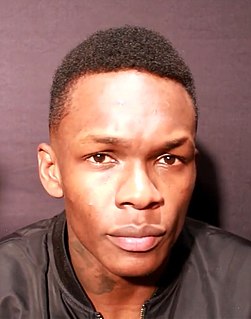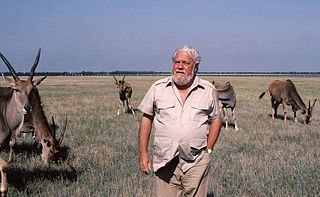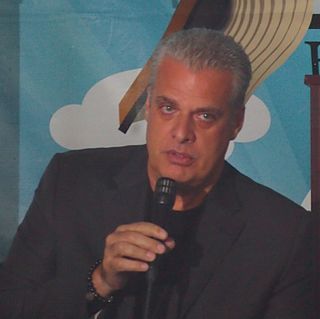A Quote by Jonathan Tropper
It's sort of an organic process when you're adapting any book, not even just your own. You want to preserve the heart of the story and you want to preserve who the characters are, but film requires a lot of compression.
Related Quotes
You cannot begin to preserve any species of animal unless you preserve the habitat in which it dwells. Disturb or destroy that habitat and you will exterminate the species as surely as if you had shot it. So conservation means that we have to preserve forest and grassland, river and lake, even the sea itself. This is vital not only for the preservation of animal life generally, but for the future existence of man himself - a point that seems to escape many people.
I think 'The Girl with the Dragon Tattoo' is a good example of a film where you have to juggle a whole lot of information to follow that story, and even if you haven't read the book, it seems to go pretty well. And that is a film where the characters didn't meet until 74 minutes into the film, not on page 17.
If it's wild to your own heart, protect it. Preserve it. Love it. And fight for it, and dedicate yourself to it, whether it's a mountain range, your wife, your husband, or even (god forbid) your job. It doesn't matter if it's wild to anyone else: if it's what makes your heart sing, if it's what makes your days soar like a hawk in the summertime, then focus on it. Because for sure, it's wild, and if it's wild, it'll mean you're still free. No matter where you are.
Sure, kids want to read whatever is the hot book, and of course they want to read fantasy and any kind of speculative fiction, but they also like to read stories with kids that look just like them, that have the same problems as them. And I've noticed that what they particularly want to see is to see those characters prevail. So they don't want sanitized situations. They want stories to be raw, they want them to be gritty, but they also do want to see the hope at the end of the story.






































